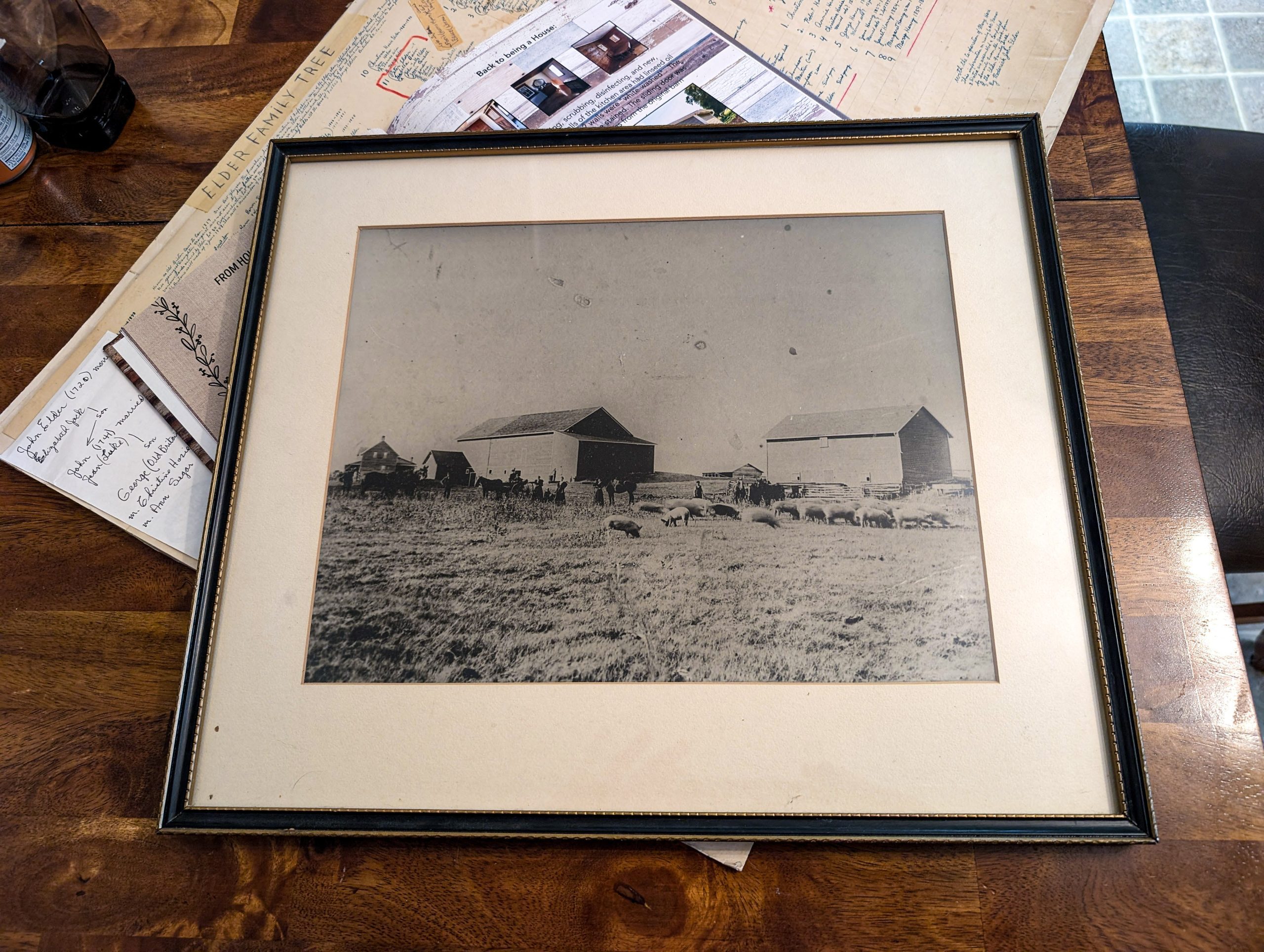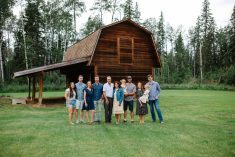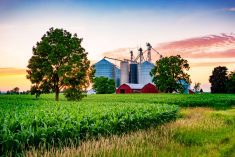There’s only so much time in a busy farm owner’s day. Here’s how can you help your farm manager develop their leadership skills, so you can focus on the big stuff.
– April Stewart, CG Associate Editor
The easiest way to think of a trust is as a legal relationship between parties — a settlor, trustee and beneficiary — with the trustee holding assets for the benefit of specified beneficiaries.
Read Also

Why you should preserve your farm’s history
There was a big cast iron dinner bell in the middle of the farmyard where Maggie Van Camp grew up….
A trust can be very useful to a farm business. It can offer both flexibility and formality to help achieve business, tax planning and farm legacy preservation goals.
The challenge is that trust law, and the associated tax rules, are very complex. Proper implementation requires a team of professional advisors.
“A trust can be created outside of or within a will and can be a versatile tool used in tax and estate planning,” explains Aaron Haight, lawyer with MLT Aikins in Saskatoon.
Two questions Haight commonly gets from farmers are, “how can I make sure my farm is being managed properly when I’m no longer around” and “how do I bridge the gap between farming and non-farming siblings.”
“There are many answers to these complex concerns,” he says. “In some cases, a trust can make the most sense.”
But how do you know if a trust may be the solution for you?
Trusts can hold property and assets that are managed by a trustee on behalf of beneficiaries. “Incorporated farms are the most common business structure that tend to implement trusts,” says Ryan Kehrig, CPA, CA and national agriculture tax leader with MNP in Saskatoon. “In many cases a trust is established to manage current and future tax implications, farm succession and wealth management.”
A trust is established by a settlor, the party who contributes property, assets or shares to the trustee to administer or manage as outlined in the trust agreement. The trustee is responsible for acting on behalf of and in the best interest of the beneficiaries, making management decisions with respect to the trust property.
A beneficiary of a trust can be an individual, group of individuals, corporation, partnership or charitable organization.
Here’s a look at farm business situations that may benefit from establishing a legal trust.
Tax planning
Farms who don’t qualify for intergenerational rollover may benefit from establishing a trust to manage assets and defer taxation.
As well, farm businesses that have experienced a series of very profitable years can also take advantage of a trust to manage future tax implications, like moving excess cash to a corporate beneficiary to “purify” a farming corporation, transferring farm shares or assets to the next generation, or utilizing the capital gains exemptions in the event of a sale.
Preserving the farm legacy
In situations where the foundational generation (parents) don’t feel their children can run the farm, a trust can help ensure the business is managed properly. In some cases, the children may be too young to manage the farm or aren’t involved in the farm at all. In these situations, the farm management and control would be carried out by the trustees, but the beneficiaries could still receive benefits, like farm or shareholder income.
Succession planning
Used as a succession tool, a trust allows farm owners to put a degree of separation between the farm value, who manages the farm, and who benefits from the business.
A trust can also be used to treat farming and non-farming beneficiaries fairly within a farm transition so parents can preserve the family enterprise as an operation while recognizing non-farming kids.
Using this approach, if a trust holds shares of a corporation or an interest in a partnership that owns farmland, the land can be rented to the farming sibling(s) while the non-farming siblings receive the economic benefits. In this situation, the farming sibling(s) can also be a beneficiary.
Farmers interested in bringing the next generation into the family farm business as owners, but not as managers, can also create a trust. This process would typically involve a freeze of the estate value for the parents and any future growth would be managed and divided among the beneficiaries according to the terms of the trust. This option enables farming parents and their children to be beneficiaries but avoids assigning the children as shareholders and decision-makers.
In cases where the next generation is still young or isn’t ready to commit to taking over the farm, a discretionary trust can be established with the parents as trustees. Then, if their kids choose not to take it over, the farm can revert back to mom and dad as beneficiaries.
Potential drawbacks
There are also a few common drawbacks to using a trust in a farming context that should be considered. First, a trust has a limited shelf life since income tax rules require it to realize any accrued capital gains on its 21st anniversary, unless the property is transferred to one or more beneficiaries before then.
Second, the farm rollover rules that permit a tax-deferred transfer of farm property to the next generation have limited application when trusts are involved, so improper use can result in additional tax liabilities.
Consulting professional farm advisors is the first step in creating a legal trust. Both Haight and Kehrig recommend getting clear about your intentions and objectives as essential for determining if a trust is your best option. Understanding how a trust would operate within the farm’s circumstances and the tax implications is also important.
“Trusts are very complex and can include pitfalls if not implemented and administered properly,” says Kehrig. “Every farm is different, and a trust is not a ‘one-size-fits-all’ tool. It makes sense in some situations, not all.”
“You need a line of sight to your goals and desired outcomes,” agrees Haight. “A trust is a tool that can help farmers get there, but it’s necessary to work with a professional team to capture the intentions of a trust, explore options and achieve objectives.”
– This article was originally published in the December 2023 issue of Country Guide.
















